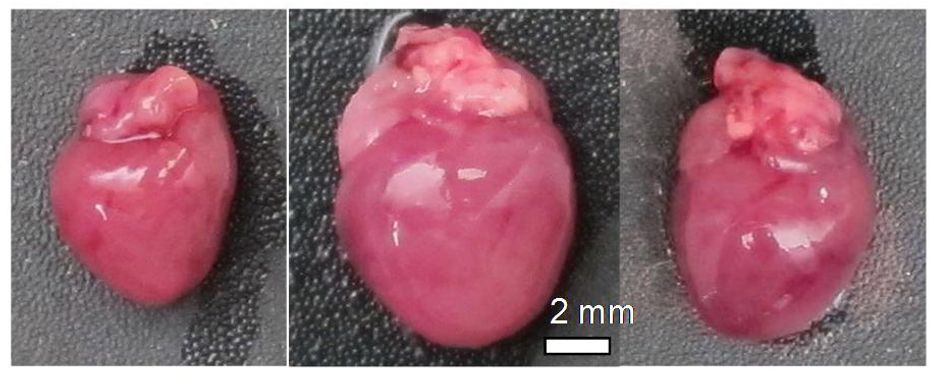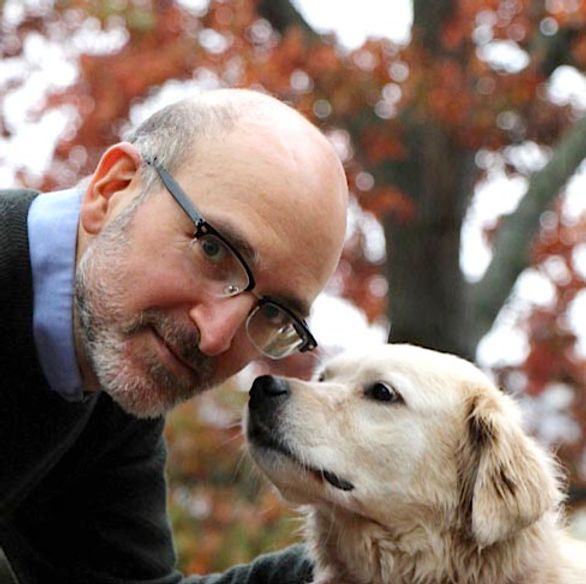News
Improving muscle function: Effects of age may be more reversible than previously thought
Tags: Muscle function, Scientific Press,
The loss of skeletal muscle function is a leading cause of frailty and loss of independence in the elderly, which comes along with significant healthcare costs. Mitochondrial dysfunction plays a key pathogenic role in aging skeletal muscle, but currently there is no pharmacologic treatment to rapidly reverse mitochondrial deficits in the elderly. David Marcinek’s lab […]
Anti-oxidant compound protects against heart failure in mice
Tags: Heart failure, Scientific Press,
A recent study in the Rabinovitch Lab has shown that an anti-oxidant compound, called SS-31, effectively protects against heart failure in mice, demonstrating a potential therapeutic value for human heart diseases. The study, Global proteomics and pathway analysis of pressure-overload-induced heart failure and its attenuation by mitochondrial-targeted peptides, was published in the September 2013 issue of Circulation: […]
Dr. Daniel Promislow joins the Healthy Aging and Longevity Research Institute
Tags: Faculty,
We are delighted to announce that Dr. Daniel Promislow has joined the core HALo Faculty at the University of Washington. Dr. Promislow has worked for over 25 years on the biology of aging, and brings to UW his expertise in quantitative genetics, biodemography, and comparative systems and theoretical biology in aging research. Starting out at […]
Drugs to slow aging are a matter of when, not if
Tags: mTOR inhibition, Scientific Press,
Many experts in the biology of aging believe that pharmacological interventions to slow aging are a matter of ‘when’ rather than ‘if’. A review in the Journal Nature by UW Scientists, Simon Johnson, a graduate student in pathology; Peter Rabinovitch, professor of pathology; and Matt Kaeberlein, associate professor of pathology, argues that “slowing aging should increase both lifespan […]


